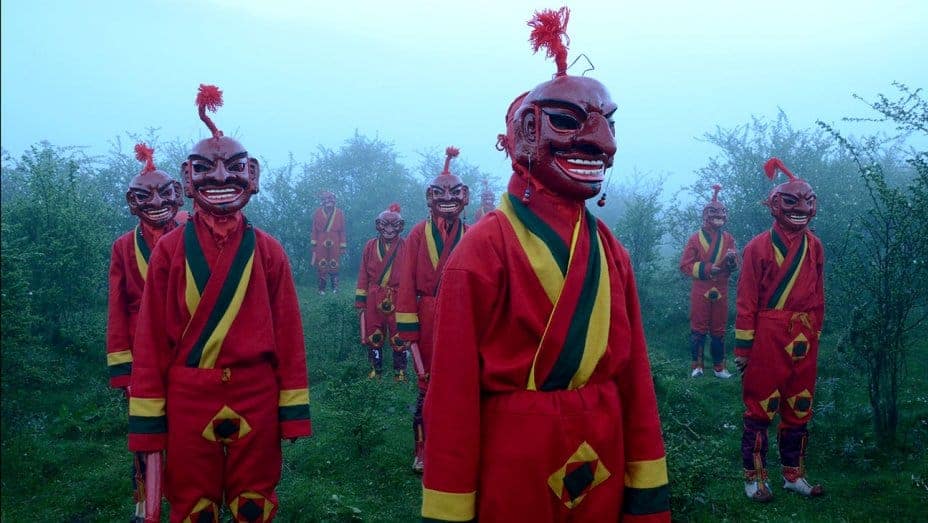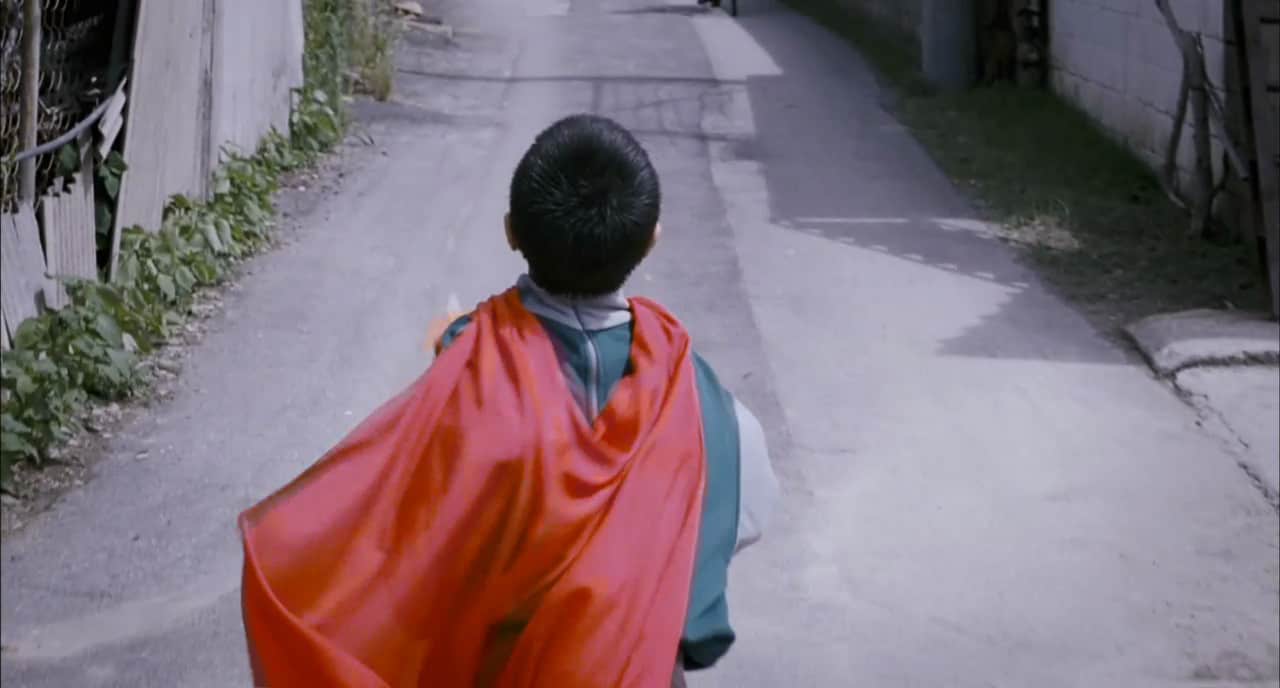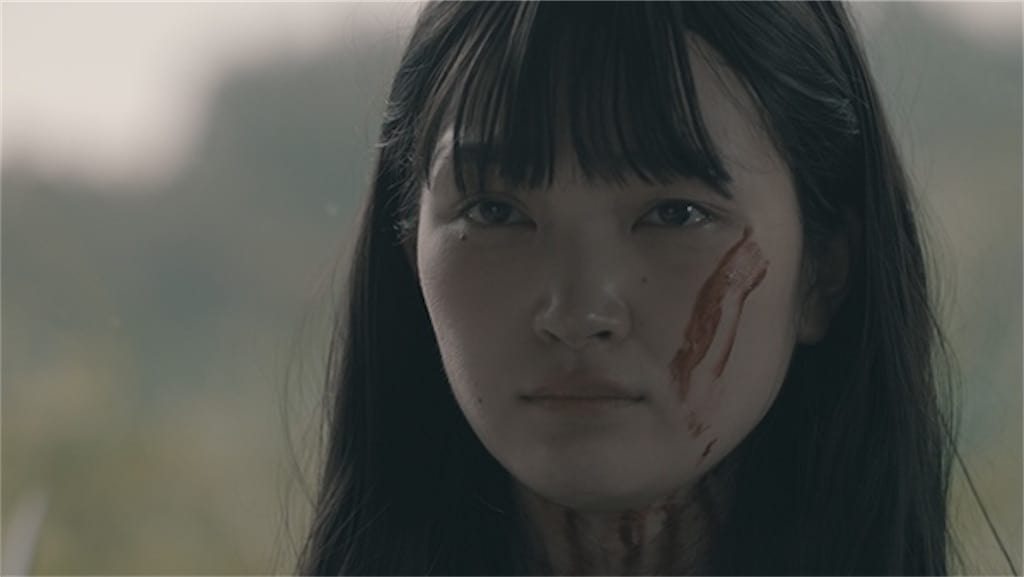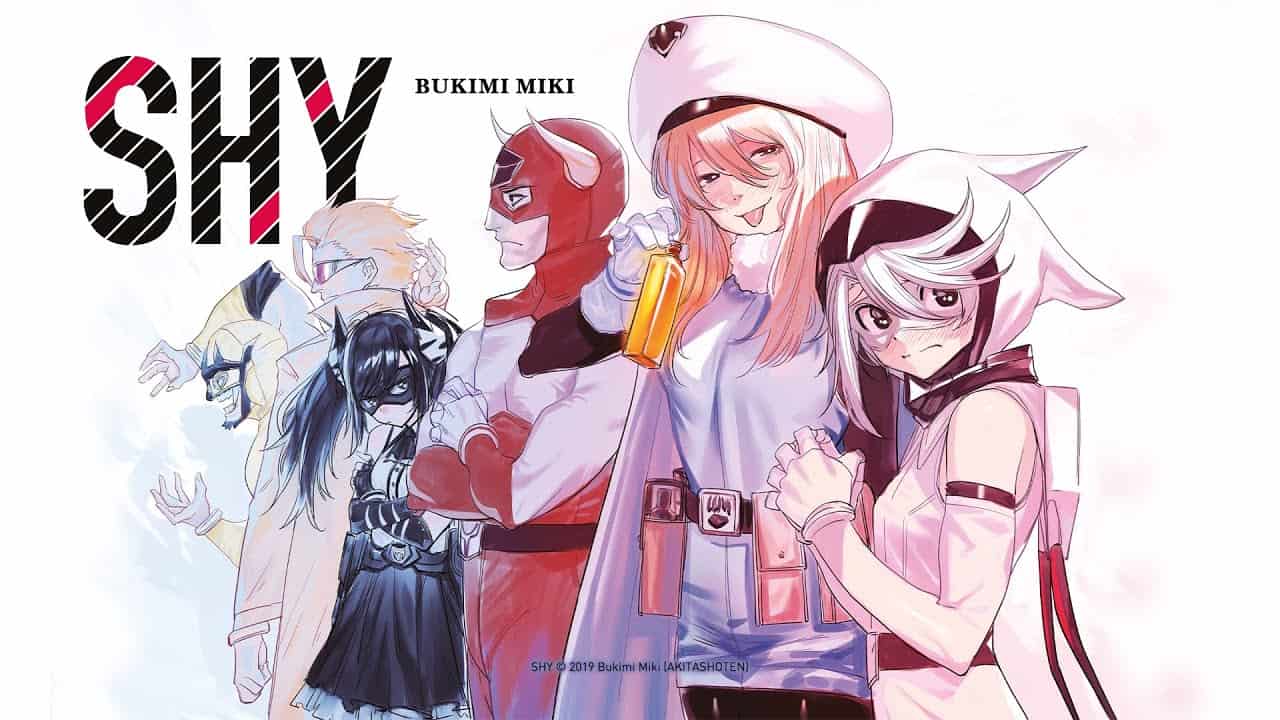Films about films have been coming in abundance from the Japanese movie industry lately, with the particular meta approach forming something of a trend but also circumventing the difficulties script-writing always presents. Su Yu Chun tries her hand in the category through a film that takes a rather realistic view on indie filmmaking.
Inch Forward is screening at Osaka Asian Film Festival
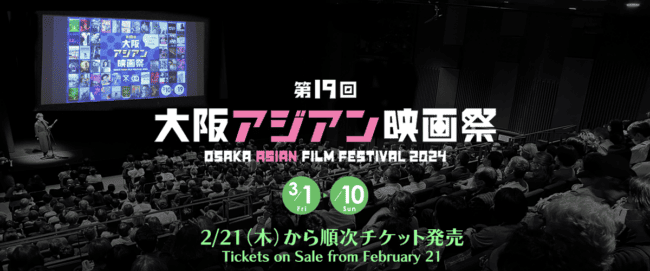
The story follows Kiriko, a young indie filmmaker who is struggling to make a road movie that ends on a beach, which, considering how much of a cliche both have become in the Japanese movie industry, emerges as hilariously ironic. However, the problems come one after the other, while her producer, Takimoto, is not exactly eager to give her a break. Location scouting proves a disaster, also financially, the actress Kiriko and Takimoto had in mind to play the leading role is nowhere to be found, the latter has the characters in her mind but has trouble communicating her ideas to the actors, while the budget problems, as always in indie films, never cease. Not to mention that Kiriko's cat runs away at some point. Gradually however, and by studying the ‘lessons' her life gives her, Kiriko finds solutions to her problems.
Su Yu Chun directs a movie that seems to have a very specific message to share, which actually echoes quite real for indie filmmaking: ‘Just do it, don't let any problems stop you”. Essentially the whole narrative of the movie revolves around this concept, with Kiriko stumbling upon a number of obstacles, and eventually overcoming them with the help of various people around her, but also by studying her life and that of others, including other (indie) filmmakers. One could say that this message embodies the whole concept of the particular type of movie making, as independent directors are always in search for money and ways to work around the problems they face with each production.
At the same time, the movie functions as a thorough and realistic look at a plethora of aspects of the industry, from the way movies are in the mind of a director until they are actually put on film, to how indie cinemas work, including the way audiences and the employees function. The combination of these two elements, as much as the appealingness of the main character carry the movie from beginning to end, in an economical ‘package' of 83 minutes that definitely works well.
Nairu Yamamoto as Kiriko is another ‘attraction' of the movie, with her portraying both her will to shoot a movie and the fact that she does not know how on a number of levels, with a sense of measure and an overall realism that is in perfect resonance with the overall aesthetics here. Saori in the role of Takimoto is also quite good, with her “seen that-done that” attitude and the fact that she frequently treats Kiriko as a child, being excellently delivered, as much as echoing quite realistic regarding the relationship of producers and directors. Lastly, the appearance of director Nobuhiro Suwa in the movie is quite a pleasant surprise, particularly when one considers his role as a teacher of film.
The cinematography expectedly also follows realistic paths, with the images being genuinely indie, and the overall approach finding its apogee in the finale, which, also expectedly, is by the sea. The editing results in a relatively fast tempo that works well.
“Inch Forward” delves quite deeply into indie filmmaking, presenting all its hardships and joys in the best fashion, while retaining a very appealing lightness throughout its 83 minutes. With an approach that combines realism with humor in the best fashion, 29-years-old Su Yu Chun is definitely a name to look for in the future, particularly if she gets good scripts in her hands.



